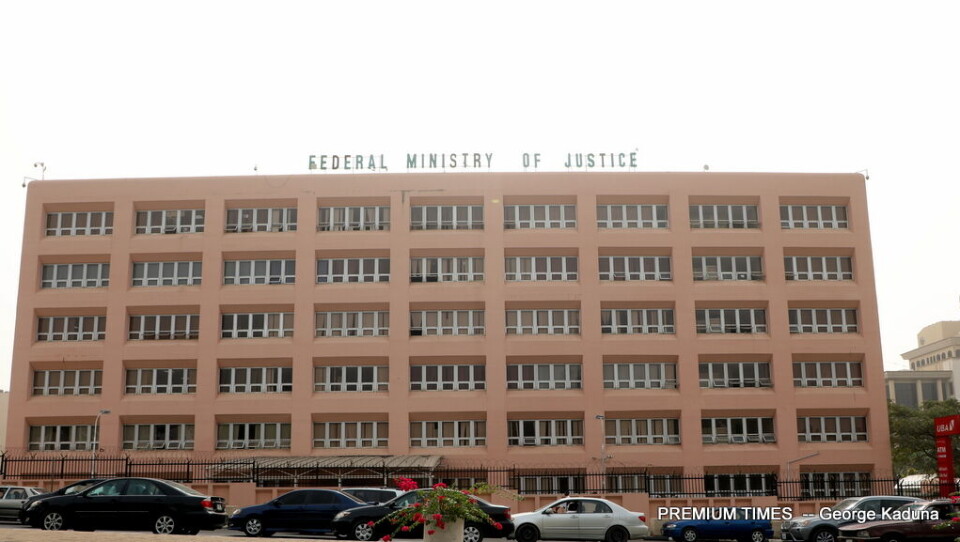Copyright : Re-publication of this article is authorised only in the following circumstances; the writer and Africa Legal are both recognised as the author and the website address www.africa-legal.com and original article link are back linked. Re-publication without both must be preauthorised by contacting editor@africa-legal.com
New Justice Minister gunning for reforms

Nigeria’s Minister of Justice, Lateef Fagbemi, is poised to bring about much-needed changes to the country’s inefficient justice system. Alfred Olufemi looks at Fagbemi’s legal career and the tasks ahead.
Lateef Fagbemi, SAN, emerged as one of the 45 new ministers appointed to President Bola Tinubu’s cabinet in August. As the 24th Attorney-General of the Federation (AGF), Fagbemi is entrusted with the task of revitalising the federal ministry of justice and effecting substantial reforms.
The 64-year-old comes to the role with nearly four decades of experience in litigation and corporate law practice. He graduated with a Second Class Upper degree in law from the University of Jos, Plateau state, in 1984 and was admitted to the Nigerian bar the following year.
Fagbemi, who later earned a master’s degree in Law from the Obafemi Awolowo University, Osun state, attributes his educational background to his unlettered parents.
“They didn’t have western education, but their native intelligence was equal to none. They appreciated the value of education. It was their aim that all the children should be educated,” he said in a 2017 interview.
In the early stages of his career, Fagbemi honed his legal skills under the mentorship of Afe Babalola, a highly respected legal luminary in Nigeria. During this time, Fagbemi achieved the prestigious Senior Advocate of Nigeria (SAN) rank, becoming one of the youngest lawyers to attain it, at the age of 37.
In 1999, Fagbemi founded his own legal practice, specialising in commercial law, electoral matters, arbitration and alternative dispute resolution.
Fagbemi gained recognition for his involvement in high-profile cases, particularly those involving politicians. Notably, he represented former Rivers State governor, Rotimi Amaechi, during the 2007 election tribunal case and recently led the All Progressives Congress legal team in the 2023 Presidential election petition.
As the new AGF, Fagbemi has pledged to collaborate with relevant stakeholders to fulfil President Tinubu's commitments to justice reforms.
While noting the strategic importance of the justice ministry, he emphasised the need for timely and thorough handling of criminal and civil matters. “We should not unnecessarily delay files but be thorough. Let us do our work guided by our conscience and oath of office,” Mr Fagbemi urged officials.
Legal professionals and anti-corruption advocates are hopeful that Fagbemi will bolster Nigeria's fight against corruption and institute reforms in the administration of justice.
One notable reform Fagbemi has proposed is merging Nigeria’s two leading anti-corruption agencies, the ICPC and EFCC, to get better results.
“If I have my way, I’ll advise the president to unbundle, first of all, bring ICPC and EFCC together, unbundle them. Investigation should not be handled by the same body that must be the supervisory authority within the same system," he told lawmakers during the screening exercise.
Another senior lawyer and former Nigerian Bar Association President, Olisa Agbakoba has advised the minister to also prioritise overhauling outdated laws and expediting court proceedings, citing the need for a swift and modern justice system.
“It’s a crying shame it takes upwards of 15 years to conclude cases from the High Court to the Supreme Court,” Agabakoba stated.
To join Africa Legal's mailing list please click here
